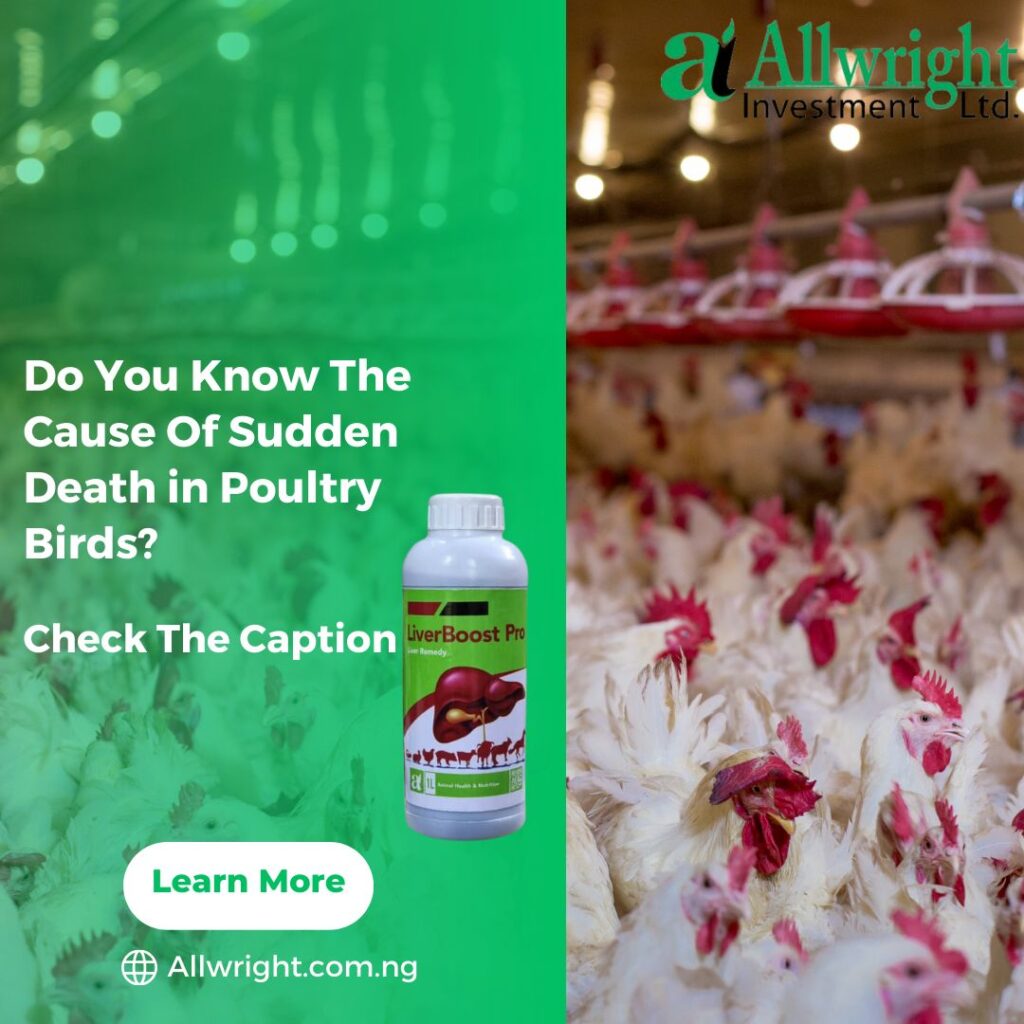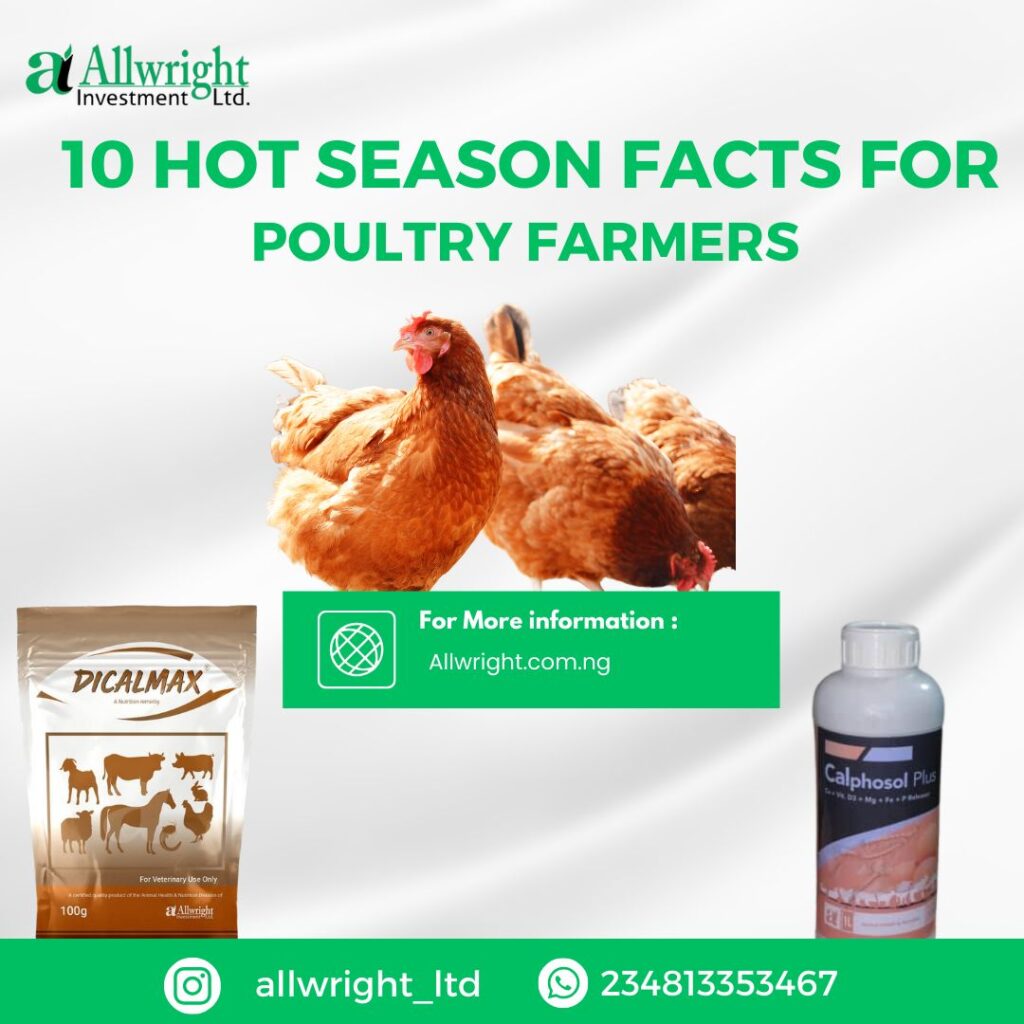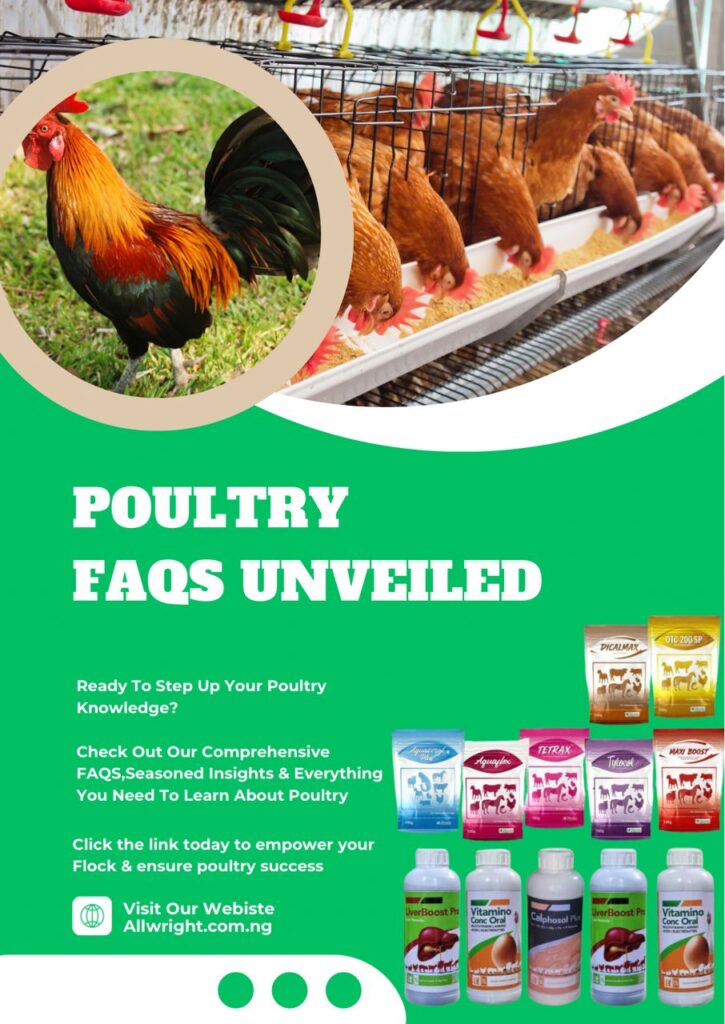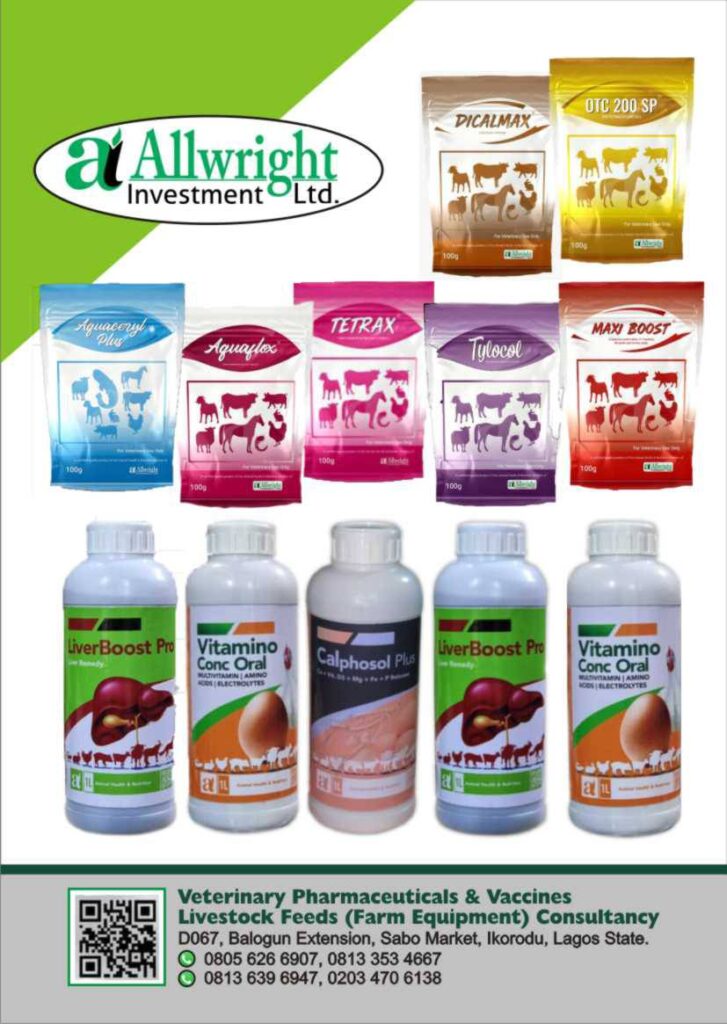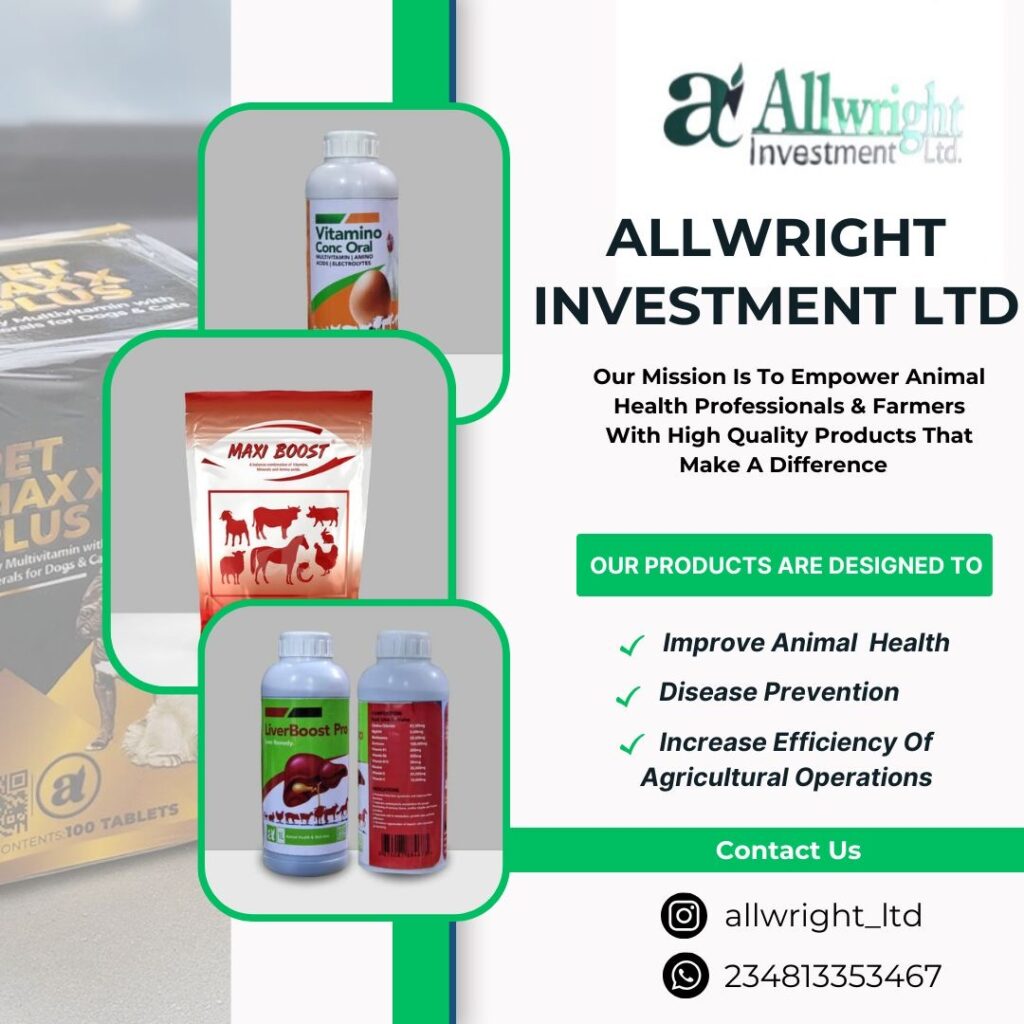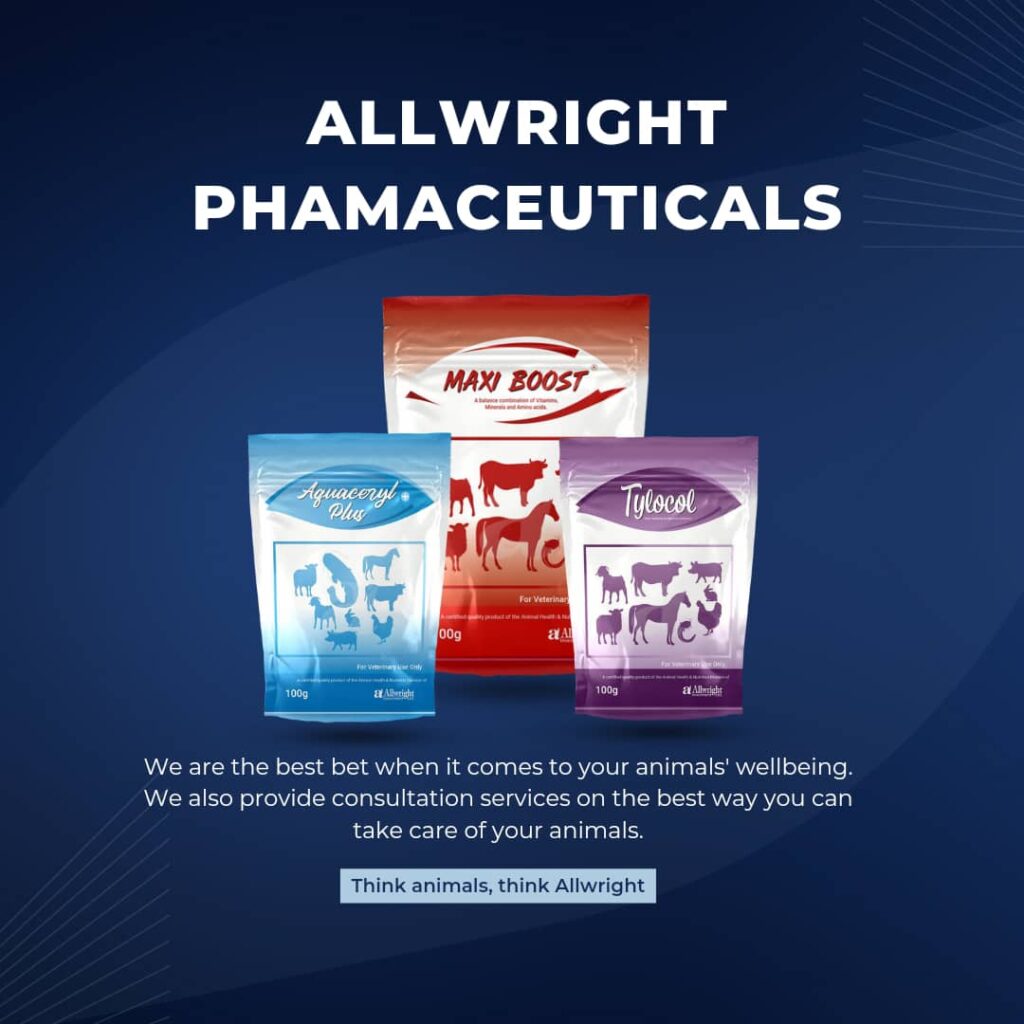Why Is There Blood In My Poultry Poop
Detecting blood in poultry droppings can be a cause for concern among poultry farmers.
Generally, healthy droppings showcase a specific appearance, which is brown faeces with a fluffy white cap. Being able to score your birds droppings matters.
Anything apart from this norm, especially the presence of blood in droppings, needs urgent attention, and this condition is known as Coccidiosis .
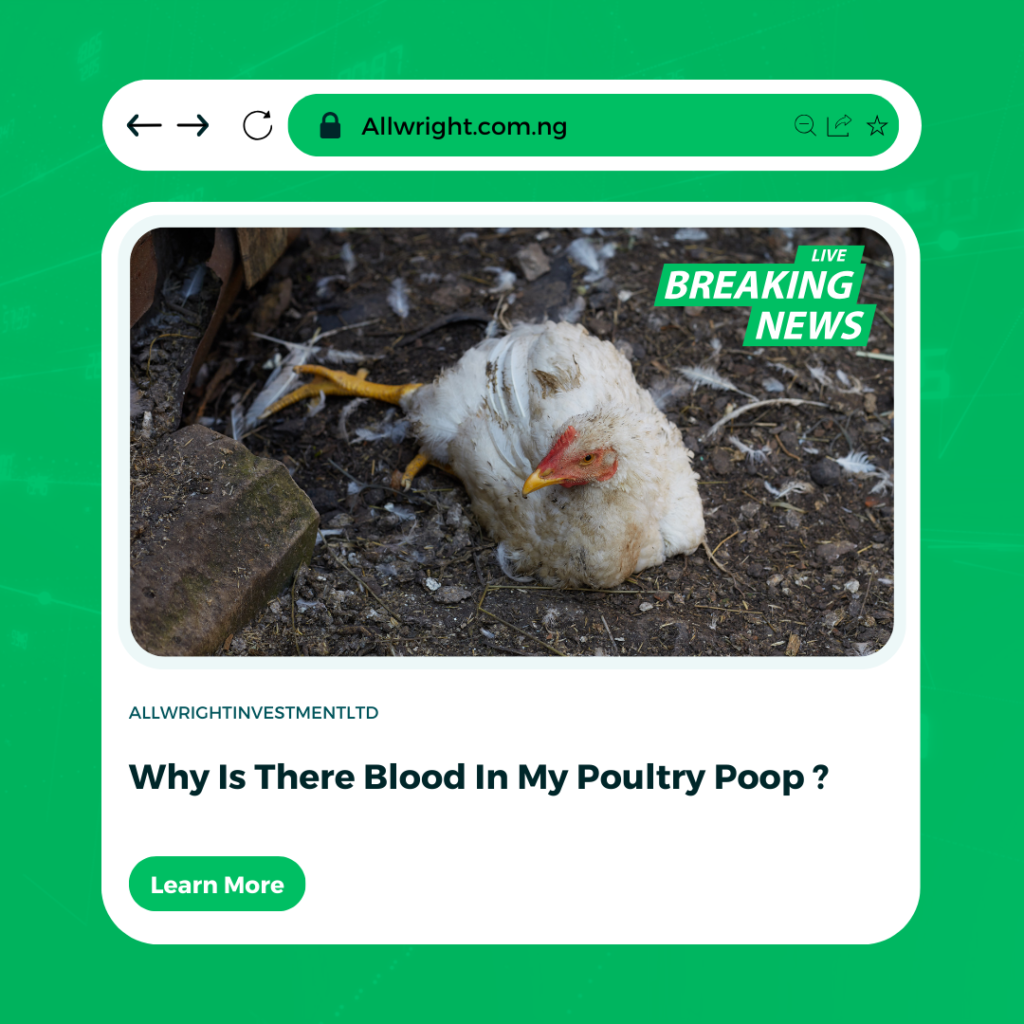
Coccidiosis is one of the most common and costly diseases in poultry.
Usually, coccidiosis usually prevents as mixed infections, such as complications with bacteria, thus causing general or specific Enteritis (inflammation of the intestinal walls, which worsens the irritations, pain and may cause death).
The consequences of a coccidiosis outbreak can be devastating for poultry farmers. It leads to reduced productivity (due to the destruction of intestinal wall integrity, thereby reducing nutrient uptake), increased mortality, and the potential for long-term damage to the flock's health, making it hard to implement strong preventive measures.
Coccidiosis in poultry is caused by several different species of coccidia, which are single celled parasites that live in and damage different parts of the gut wall of their host resulting in nutrient malabsorption, dehydration and blood loss, and make the bird open to secondary infections.
Adhering to proper hygiene, biosecurity measures, and the use of the antibiotic Q-cox is very effective in the prevention and control of coccidiosis and can assist in managing these infections Spotting blood in poultry droppings is a symptom that requires swift attention. Q-Cox also helps with preventing secondary infections and may treat other co infections.
Regular monitoring, preventive measures, and a comprehensive healthcare strategy involving high-quality products like Q-Cox from Allwright investment limited , which can significantly contribute to maintaining the health and well-being of your poultry flock.
Q-cox is very effective in preventing and controlling coccidiosis, reducing production losses, and promoting overall bird health, which makes it a valuable asset for poultry farms.
For contact and enquiries or purchase of any of the products, please call: 08062329205 or via WhatsApp on 08131152286
Thank you for your time.

